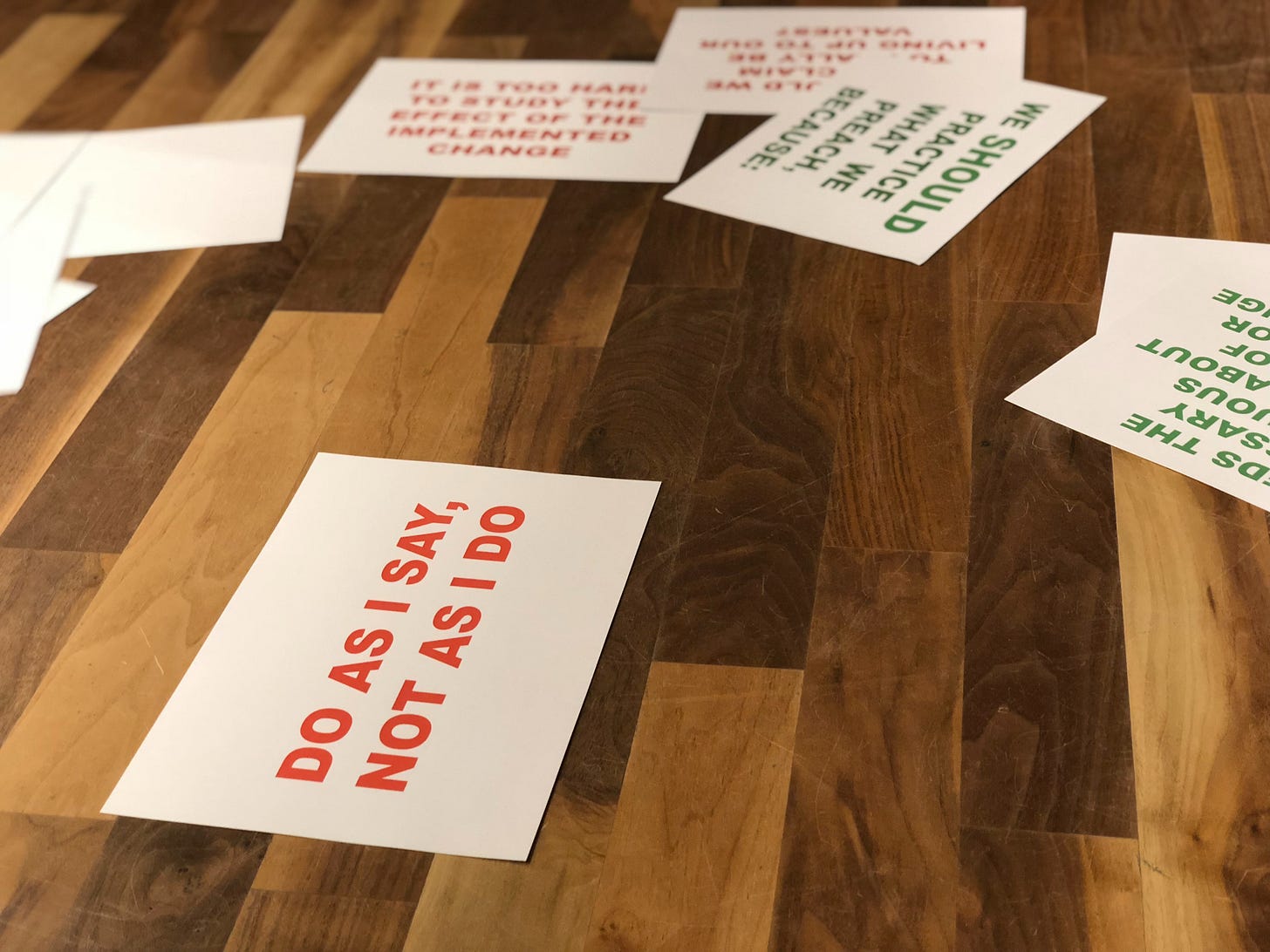Sermon on the Mount: Judging
Matthew 7:1-5
“Do not judge so that you will not be judged. For in the way you judge, you will be judged; and by your standard of measure, it will be measured to you. Why do you look at the speck that is in your brother’s eye, but do not notice the log that is in your own eye? Or how can you say to your brother, ‘Let me take the speck out of your eye,’ and behold, the log is in your own eye? You hypocrite, first take the log out of your own eye, and then you will see clearly to take the speck out of your brother’s eye.”
Matthew 7:1-5 NASB1995
The Sermon on the Mount continues into Matthew Chapter 7 and Jesus throws this big one our way. We have had many admonitions and commandments about how we should live our lives; now He thinks about relationships again and speaks some of the most important but misunderstood verses in the New Testament. Matthew 7:1 has been used quite profusely by non-believers to hammer Christians over and over again about shutting up and not “judging” others because of their sinful behaviors, debauchery and pure evil acts that they commit. The fallen world thinks that Jesus, with these words, has given everyone a green light to accept any universal teachings and alternative “lifestyles”. But He goes on in subsequent verses to talk about not giving what is holy to dogs and pigs, which implies real discernment and judgment. Believers are called to unconditional love, not unconditional approval.
If you take the entire section of verses in context together, Jesus is telling us to ensure that we are living righteous and holy lives (as much as possible by being His disciple) before calling out others, but once we have removed the “log” from our eyes, we can clearly see to remove (judge) the speck in our brother’s eye. The standard of judgment should be one that we could live if the reverse judgment coming at us were true.
Here’s what David Guzik has to say about this section of the Sermon on the Mount:
iii. So while this does not prohibit examining the lives of others, it certainly prohibits doing it in the spirit it is often done. An example of unjust judgment was the disciples’ condemnation of the woman who came to anoint the feet of Jesus with oil (Matthew 26:6-13). They thought she was wasting something; Jesus said she had done a good work that would always be remembered. They had a rash, harsh, unjust judgment.
· We break this command when we think the worst of others.
· We break this command when we only speak to others of their faults.
· We break this command when we judge an entire life only by its worst moments.
· We break this command when we judge the hidden motives of others.
· We break this command when we judge others without considering ourselves in their same circumstances.
· We break this command when we judge others without being mindful that we ourselves will be judged.
c. For with what judgment you judge, you will be judged: Jesus did not prohibit the judgment of others. He only requires that our judgment be completely fair, and that we only judge others by a standard we would also like to be judged by.
i. When our judgment in regard to others is wrong, it is often not because we judge according to a standard, but because we are hypocritical in the application of that standard – we ignore the standard in our own life. It is common to judge others by one standard and ourselves by another standard – being far more generous to ourselves than others.
Notice one of the observations made by Guzik: We break this command when we judge an entire life only by its worst moments. This is “cancel culture” in a nutshell, as I discussed in an earlier devotional about forgiveness. The same chorus that screams about judging and wants believers to shut up is the same chorus that hunts down historical and present-day miscreants who did not or do not live up to an impossible perfect standard. The “do not judge” crowd is among the most judgmental. We are called to love them anyway and point them to redemption by our Savior. We are all miserable sinners.
My next Sermon on the Mount devotional will examine Matthew 7:6 - Pearls before Swine.
Photo by Carine L. on Unsplash
Commentary by David Guzik on Enduring Word is used with written permission.



